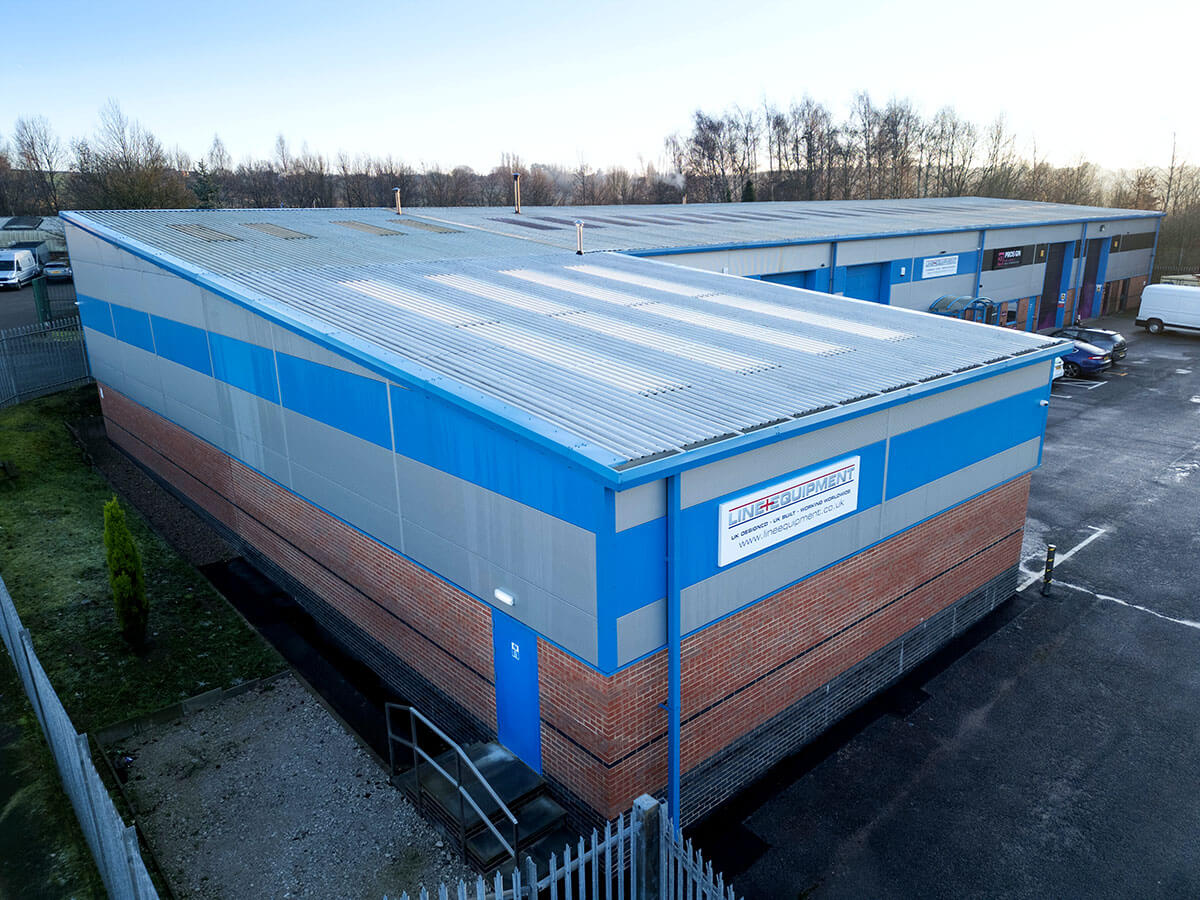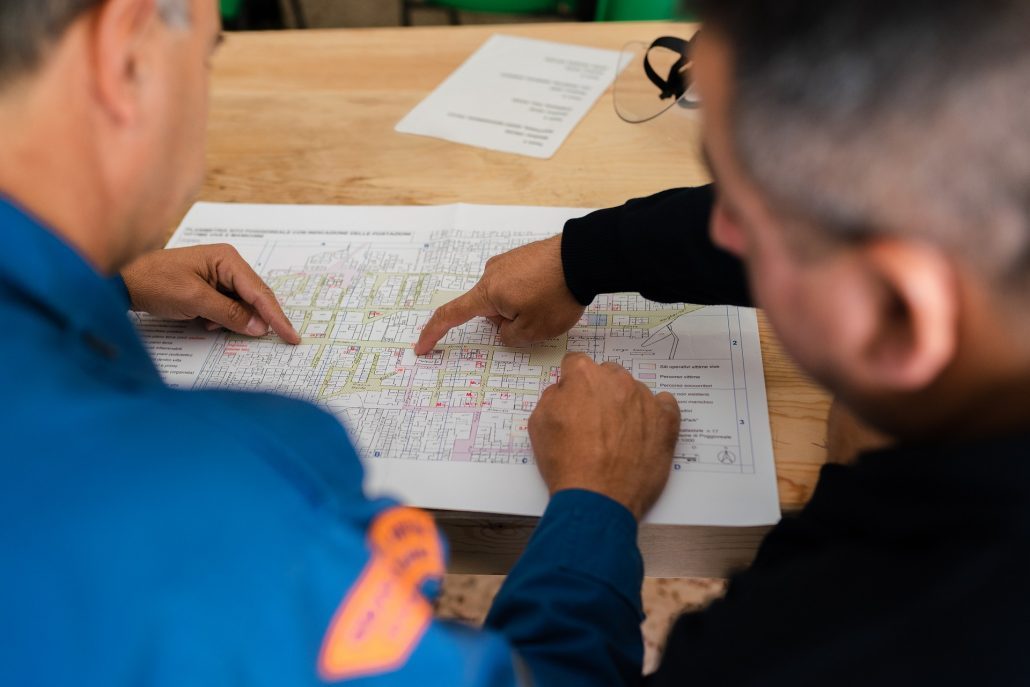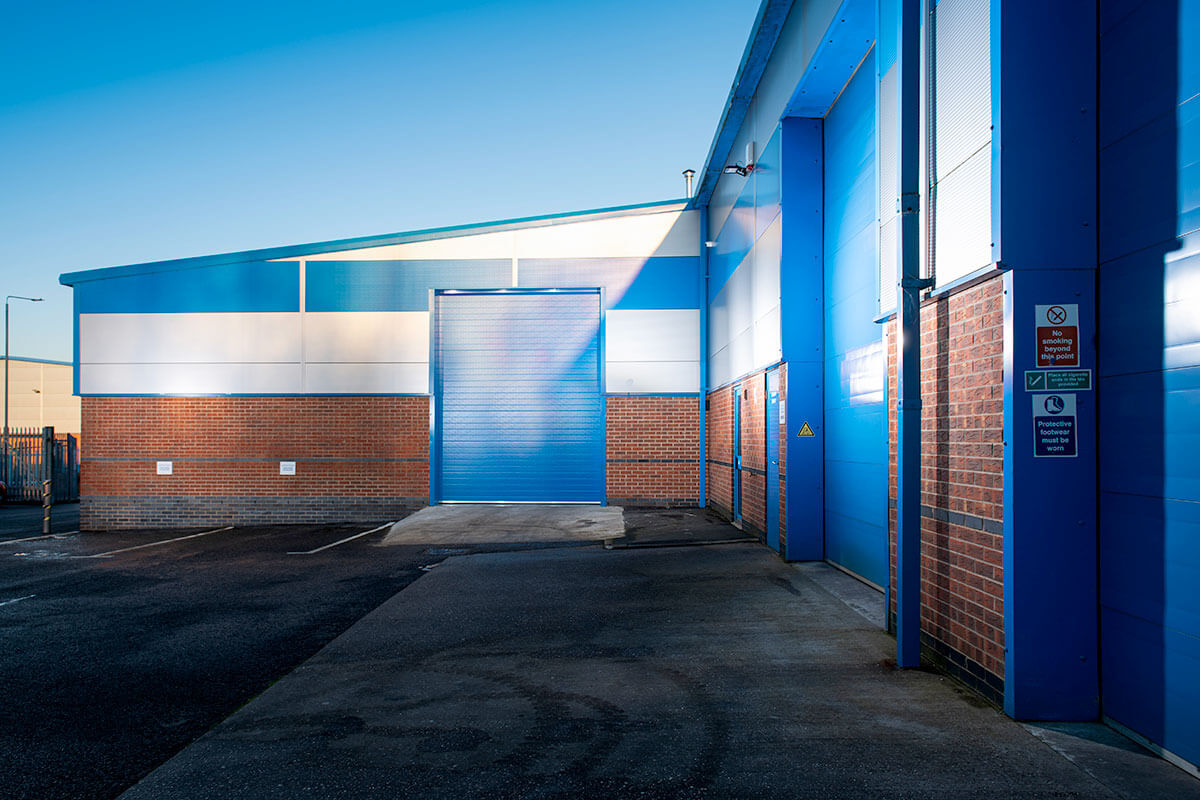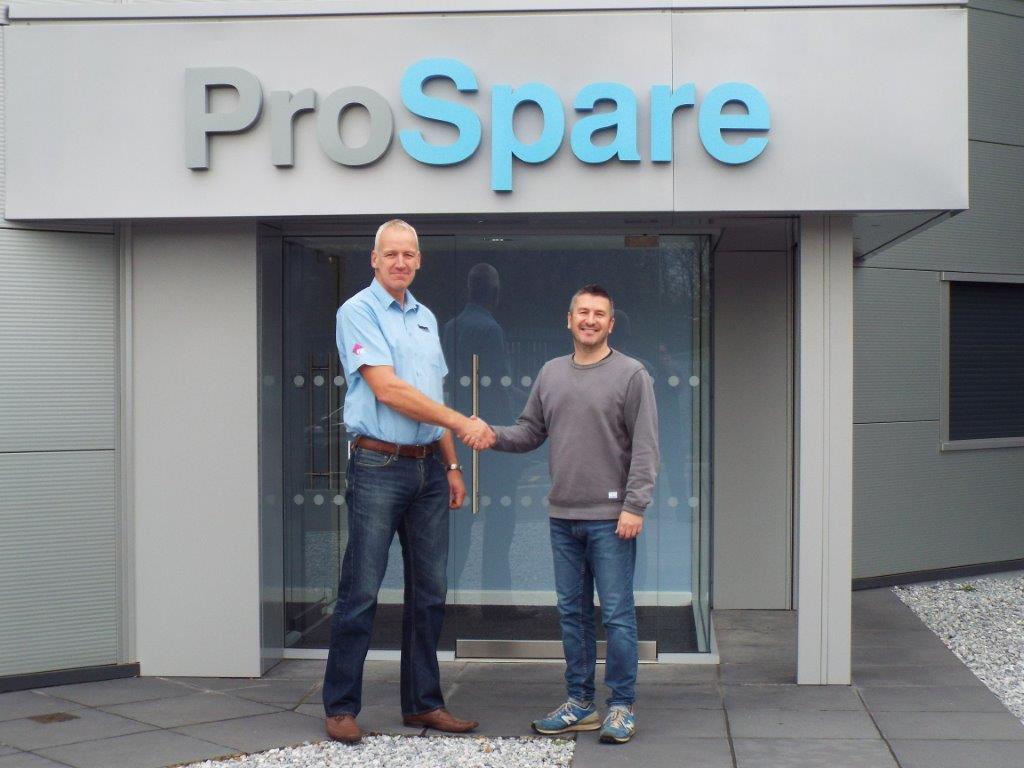
Goodward Construction Completes Seamless Industrial Unit Extension Paving the Way for Business Growth
Goodward Construction is proud to announce the successful completion of an industrial unit extension at Line Equipment’s headquarters in Nottingham.



